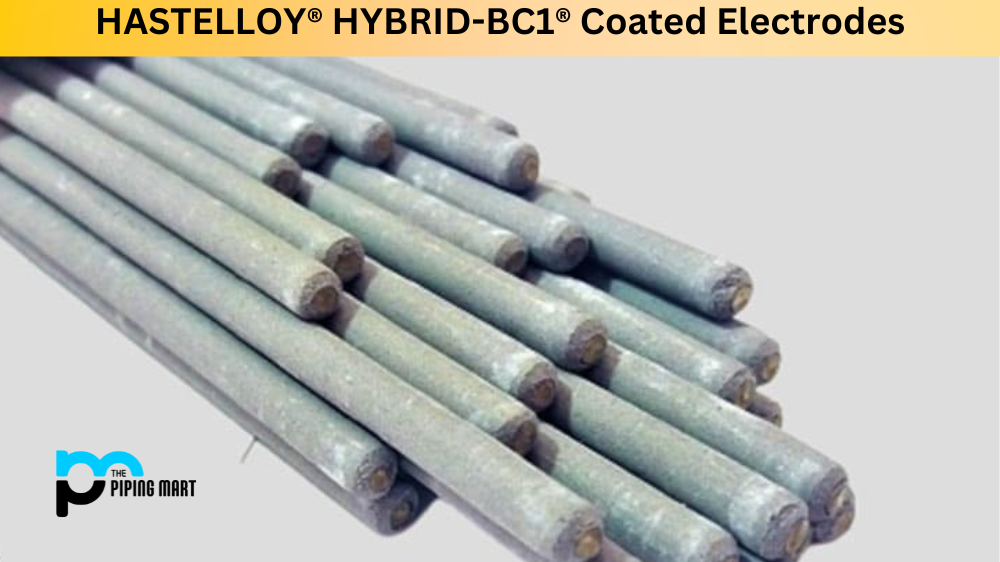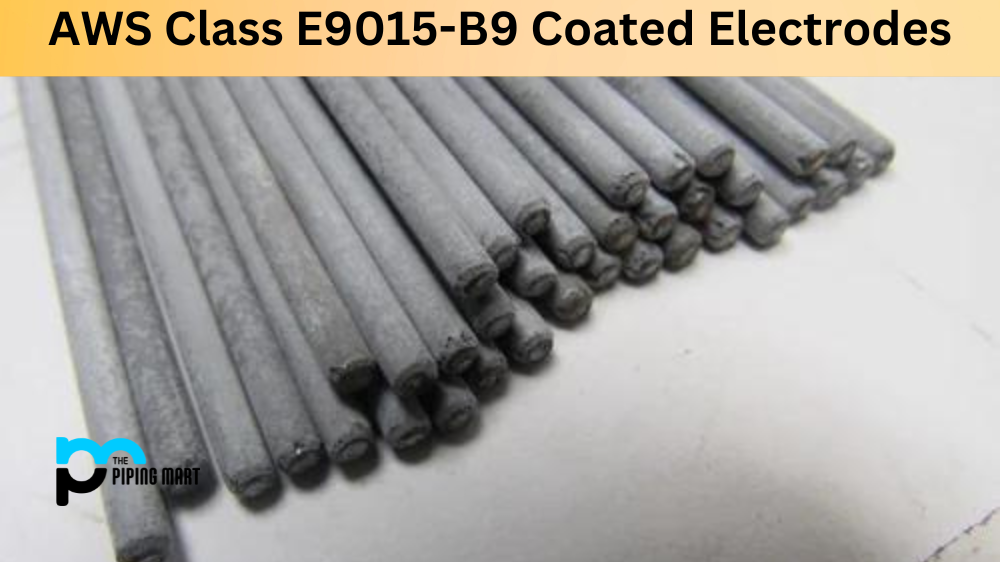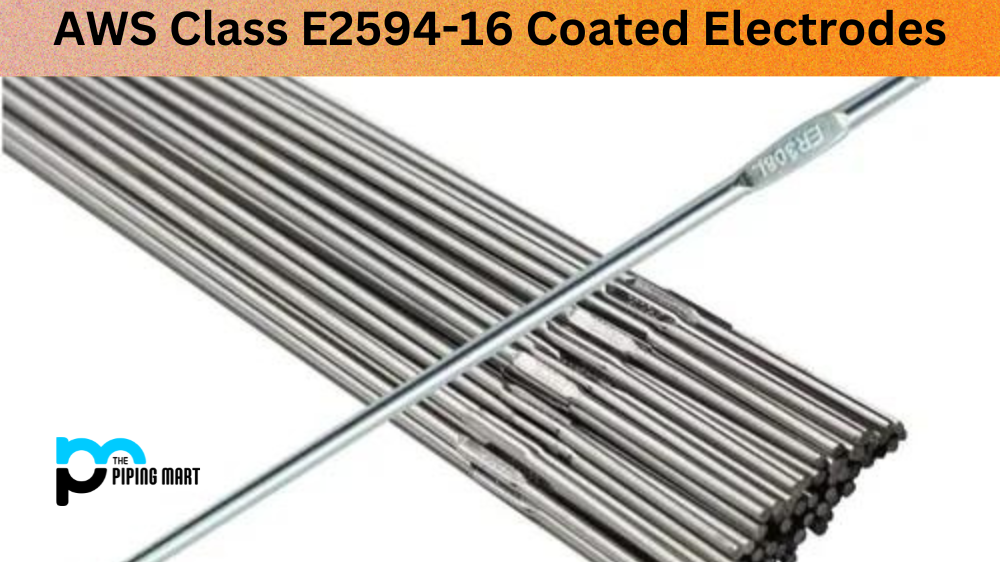HASTELLOY® HYBRID-BC1® Coated Electrodes are a special kind of electrode used for welding critical applications that require high strength, excellent resistance to corrosion and heat resistance. These electrodes have become extremely popular in the chemical processing, nuclear, and aerospace industries. They are being used for welding high-quality products and achieving superior results as they possess a rare combination of mechanical and physical properties, which we will explore in this post.
What are HASTELLOY® HYBRID-BC1® Coated Electrodes?
HASTELLOY® HYBRID-BC1® Coated Electrodes are special alloy electrodes for welding stainless steel, nickel, and cobalt alloys. Their advanced hybrid coating system performs better than traditional flux-cored or stick electrodes. The Hybrid-BC1 coating offers excellent arc performance, and rare earth metal deposits give it improved wetting characteristics for increased weld strength and decreased slag entrapment. These electrodes also offer outstanding corrosion resistance when used in acidic environments. With these advantages, HASTELLOY® HYBRID-BC1® Coated Electrodes provide superior quality welds with a low operating cost, making them perfect for any metal fabrication job.
HASTELLOY® HYBRID-BC1® Welding Electrodes Composition
HASTELLOY® HYBRID-BC1® Electrodes are metal-coated electrodes of a non-magnetic and nickel-chromium-molybdenum-tungsten alloy. The chromium present in the electrode provides resistance to corrosion, and the tungsten and molybdenum enhance the overall mechanical strength of the electrode.
| Nickel: | Balance |
|---|---|
| Molybdenum: | 27.0-32.0 |
| Iron: | 1.0-3.0 |
| Chromium: | 1.0-3.0 |
| Cobalt: | 3.0 max. |
| Tungsten: | 3.0 max. |
| Manganese: | 2.0 max. |
| Copper: | 0.50 max. |
| Other: | 0.50 max. |
| Silicon: | 0.20 max. |
| Carbon: | 0.02 max. |
| Sulfur: | 0.03 max. |
| Phosphorus: | 0.04 max. |
HASTELLOY® HYBRID-BC1® Welding Electrodes Mechanical Properties
HASTELLOY® HYBRID-BC1® wire are known for their excellent strength and durability. They have high tensile strength, making them suitable for welding applications where strength is crucial. In addition, these electrodes provide excellent resistance to fatigue and creep, even at high temperatures.
| Tensile (psi) | 100,000 |
|---|---|
| Mpa | 690 |
| Elongation (%) | 25 |
HASTELLOY® HYBRID-BC1® Coated Electrodes Physical Properties
These electrodes have good thermal conductivity, ensuring heat is transferred evenly during welding. They are also highly resistant to oxidation and can be used in environments with high temperatures without losing their integrity or structural stability.
HASTELLOY® HYBRID-BC1® Welding Electrodes Trade Names
| Class | UNS | Haynes |
| ENiMoCr-1 | N10362 | HASTELLOY® HYBRID-BC1® |
HASTELLOY® HYBRID-BC1® Coated Electrodes Uses
Due to the combination of mechanical and physical properties, HASTELLOY® HYBRID-BC1® alloy are suitable for welding applications that require high strength and excellent corrosion resistance. They are widely used in the nuclear, aerospace, and chemical processing industries, where welding of high-quality products is essential.
HASTELLOY® HYBRID-BC1® Welding Electrodes Corrosion Resistance
These electrodes are highly resistant to corrosion. Their composition and mechanical properties enable them to resist corrosion even in extreme environments with high acids, chlorides, and other corrosive substances. This quality makes them a preferred choice in the chemical, petrochemical, and oil and gas industries.
HASTELLOY® HYBRID-BC1® Coated Electrodes Heat Treatment
HASTELLOY® HYBRID-BC1® filler wire do not require any kind of heat treatment. They possess excellent high-temperature strength and can maintain their integrity and structural stability even in high temperatures without losing strength or flexibility.
Conclusion
HASTELLOY® HYBRID-BC1® Coated Electrodes have become increasingly valuable in the welding industry due to their unique mechanical and physical properties. They are widely used in critical applications where high strength, resistance to corrosion, and thermal stability are essential. They are an excellent choice for industries such as nuclear, aerospace, and chemical processing, where high-quality welding results are necessary. Understanding the properties and composition of these electrodes is crucial for achieving superior results while maintaining safety and quality.
Meet Heer, a dynamic and driven writer learning tricks of her trade in the metal industry. With a background in Digital Marketing, Heer brings a unique perspective to her writing, sharing valuable insights. Apart from blogging she like reading and hiking.




